The latest edition of the Ford Hall Forum featured a former MLS player, legendary Boston sportscaster, and a former WWE wrestler to talk what they know best: sports. It wasn’t the typical sports discussion however, as these three talked for over two hours not about their careers or the state of soccer or wrestling, but instead focusing on a far more serious issue: brain injuries in sports of all levels.
Longtime Patriots 5th Quarter host Bob Lobel lead the discussion with former New England Revolution player Taylor Twellman and the man formerly known by his ring name, “Harvard” Christopher Nowinski, to highlight both athletes’ struggles with concussions and their efforts to prevent others from having similar issues with the injury.
“I’ve had seven diagnosed concussions from age 14 on… with the last one happening in 2008” Twellman noted. Nowinski explained that he had four just this past summer, three of which came from injuries in his old-man basketball league.
While the issues of brain injuries lead to chats regarding both Twellman and Nowinski’s previous professions, football was the sport that garnered the most discussion regarding the injury.
“Adding helmets to football added a new danger to the game. It opened the door to rotational blows to the head,” said Nowinski, who is the co-chair of the NFLPA’s concussion Education and Awareness Subcommittee. The former Harvard football player explained that the rotation of the neck and vertebrae during a big-impact play to the head is the leading cause of concussions.
Due to pressure from Nowinski and the Sports Legacy Institute as well as former NFL players like Mike Ditka, the NFL has made changes to the game in order to lessen the likelihood of concussions happening at the professional level.
In 2011, the league passed a new rule that changed where the kicking team kicks the ball off to the opposition in an attempt to lessen the amount of kickoff returns, which the NFL feels is one of the most concussion-prone aspects of its game.
According to a study by consulting firm Edgeworth Economics, there were 266 diagnosed concussions in the NFL last season with 20 resulting from kickoff plays. That number was down from the 270 concussions and the 35 that happened on kickoffs in 2010. While some efforts have been made, it’s clear the issue has not gone away.
“I don’t think we’re educated [about concussions yet],” Twellman said. “I laugh when people say ‘tackle with your head up [in football.]’ If your head hits a wall, it doesn’t matter if your head was up or down.”
The NFL received plenty of discussion during this roundtable, but both Twellman and Nowinski did spotlight other leagues who aren’t even dealing with the issue of concussions in its sport, notably the NCAA, the English Premier Leage and FIFA as a governing body.
“The NCAA is evil on so many levels, don’t get me started,” said Nowinski who went on to explain how the college entity took down the NFL’s mandatory concussion awareness poster hung in all 32 teams’ locker rooms and removed any of the cautionary information. “They took out everything until the poster basically told players they might feel a little woozy and then they can go back in and play,” he said.
As someone who has spent much of his life around the game of soccer, naturally Twellman led the talks surrounding the EPL and FIFA.
“The EPL doesn’t even recognize concussions… If we can’t take out heading [from the game], what do we do?” Twellman said.
Nowinski also added that when SLI traveled to Europe in regards to discussions, every sports organization met with them except for FIFA. “They have so much influence, they’re almost their own country… they don’t want to deal with it,” the former wrestler explained.
Putting a more personal face on this issue, Twellman discussed his battle with concussions as well as his talks with late NFL linebacker and former neighbor Junior Seau.
“When I met Chris [Nowinski] three years ago, I wasn’t hurt; I was sick. I dealt with depression for awhile…I didn’t go to a movie for three years and it was difficult to watch games at a bar after my concussions,” Twellman said before explaining his dinner with his friend and neighbor.
“I went to dinner with Seau, he was my neighbor during his two years playing with the Patriots. I told him how I was feeling after my own concussions and he said to me ‘I’ve had a headache since I was 16.’ He couldn’t remember how many concussions he’d had. His NFL record showed no recorded concussions over his career. His death was absolutely concussion related.”
Seau’s family elected to donate the longtime linebacker’s brain to SLI to study in regards to brain injuries which the institute will study alongside another 136 former players and military veterans, and the first brain ever donated to Nowinski’s group: former WWE wrestler Chris Benoit.
Benoit wrestled for over 22 years, most famously with World Championship Wrestling and WWE before killing his wife and son and committing suicide in 2007. Nowinski shared his personal discussions with his former co-worker before the tragedy occurred.
“Benoit was the first brain we researched at SLI. I trained with him during my time in WWE and ran into him during one of the shows after I left the company. He knew of my work with concussions and he said ‘I’ve had more than I can count.’ His brain was worse than any football player we’ve studied,” Nowinski said.
In 2007, SLI released their findings regarding Benoit’s brain. Their research found that the longtime wrestler suffered from a type of brain damaged called Chronic Traumatic Encephalopathy, which was found in all regions of his brain. Separate SLI research has shown a direct correlation between repeated head injuries and CTE.
After sharing their own personal stories about themselves and friends, Twellman and Nowinski took questions from the crowd regarding the topic at hand. Brain doctors, chiropractors, former football players and even a current Suffolk hockey player asked questions to the panel regarding concussions. Suffolk’s hockey player explained how his team is very cautious regarding concussions while both doctors and chiropractors tried to give further insight on the injury. Some came forward to discuss how they should deal with concussions themselves, to which Nowinski had a message:
“It will get better. It doesn’t seem that way, but it will. At SLI, it’s all about education, protection and information,” the Harvard alum told the audience.
Both Nowinski and Twellman are hoping that through their separate efforts, they can help not just making dealing with concussions better, but making sports leagues better aware of the issue.




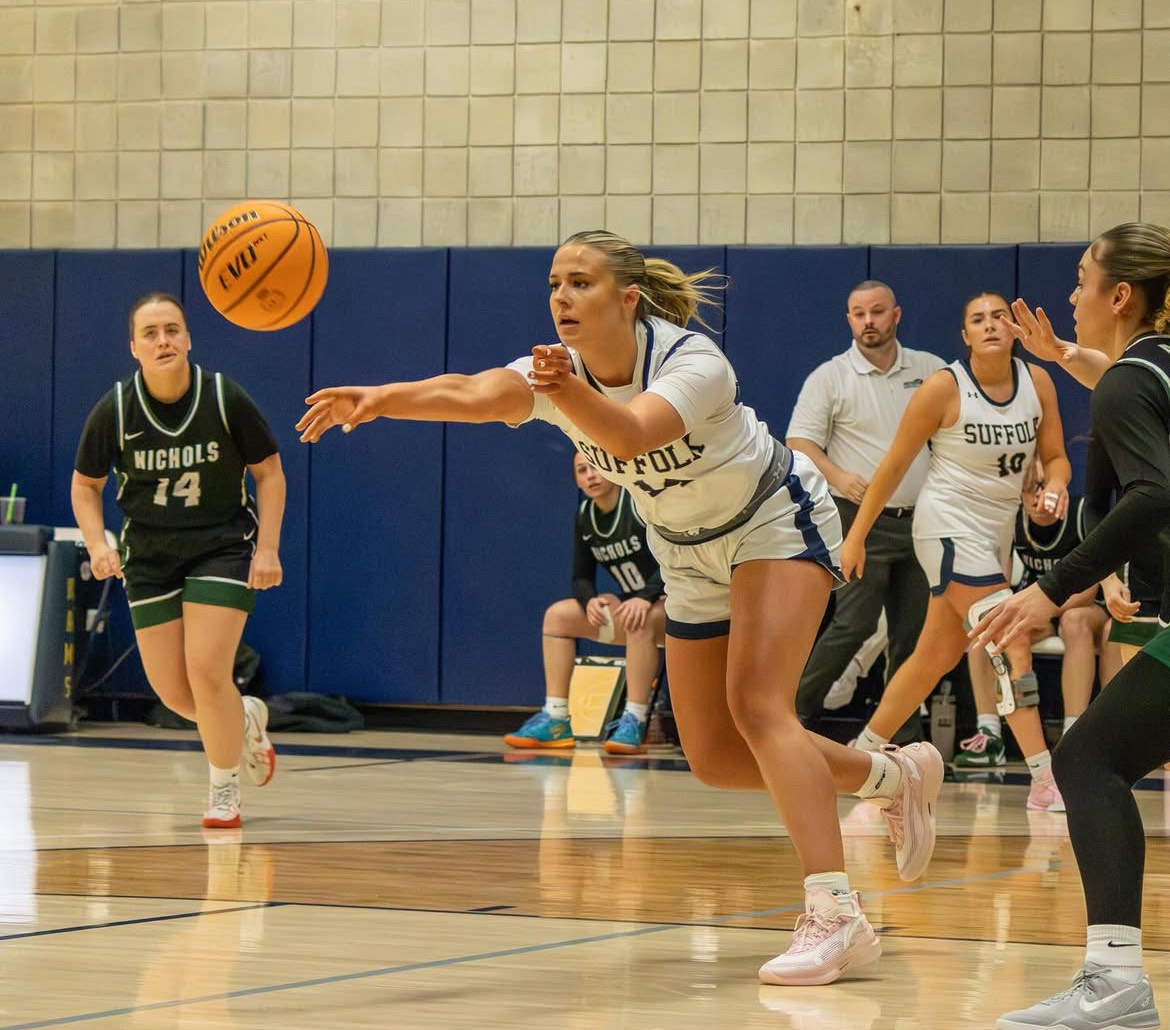

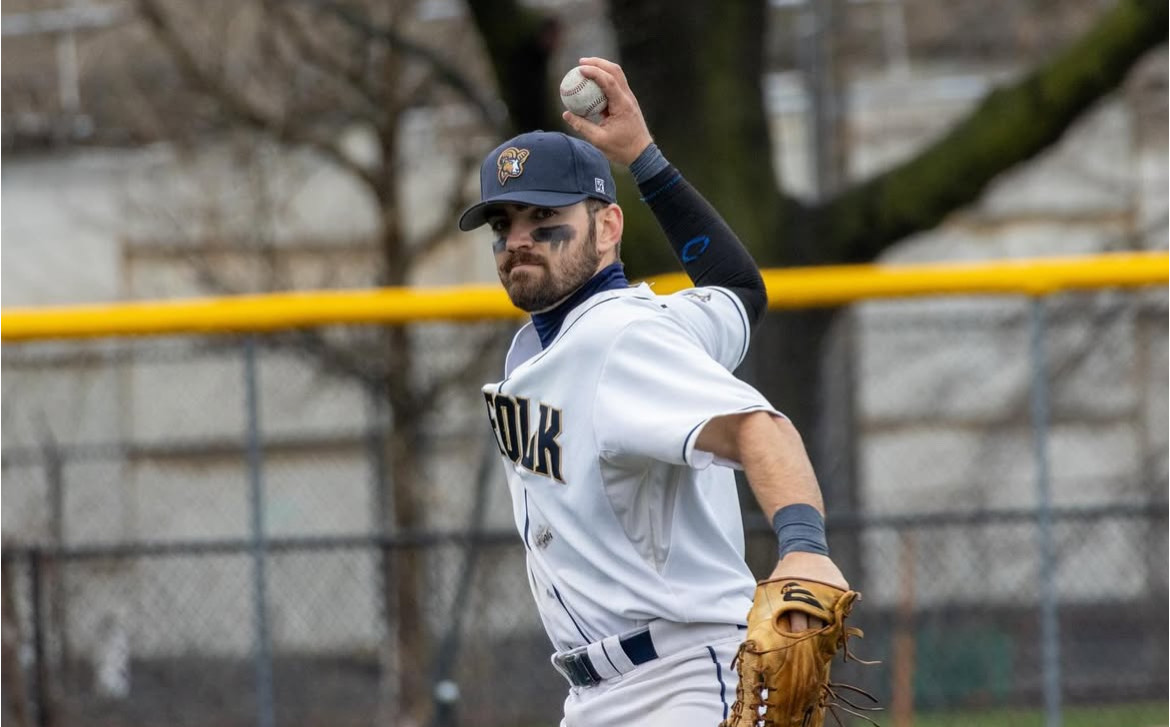
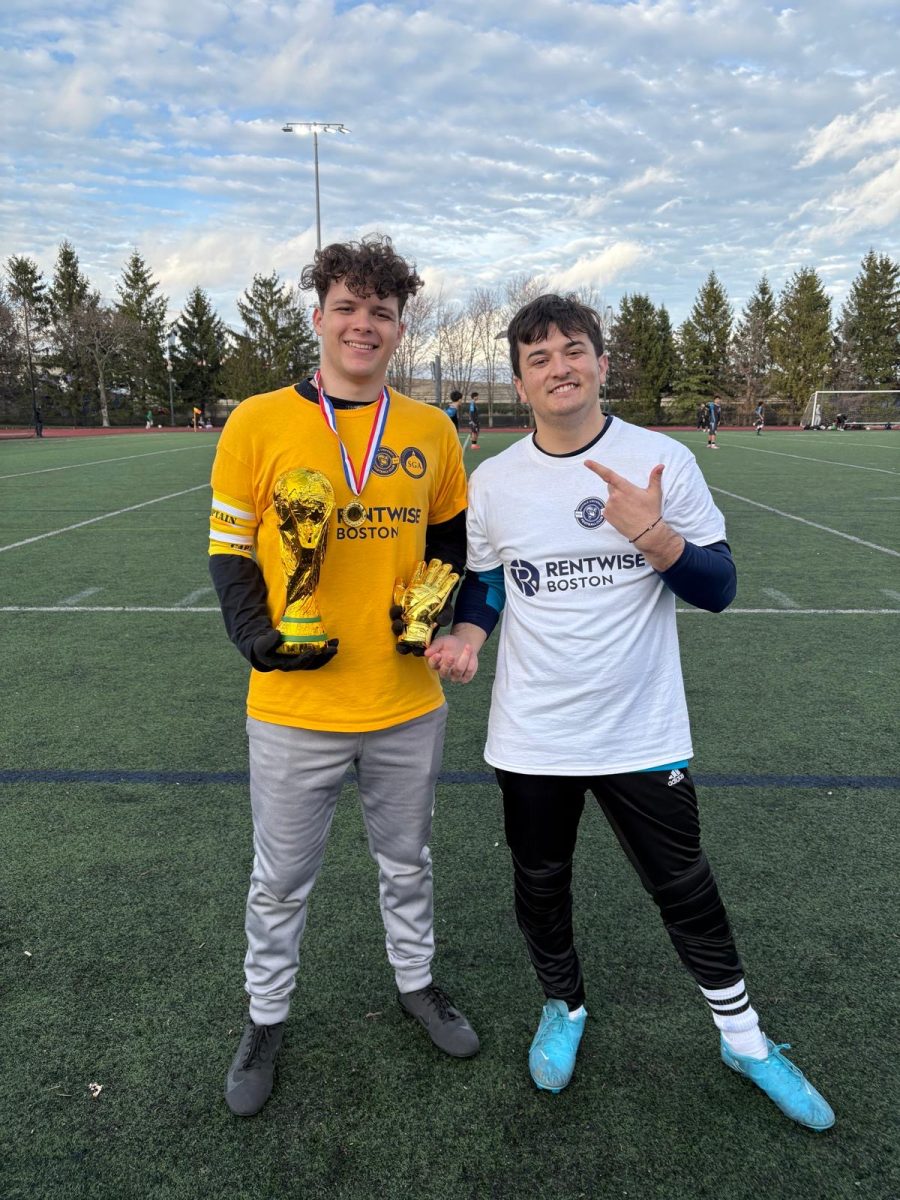
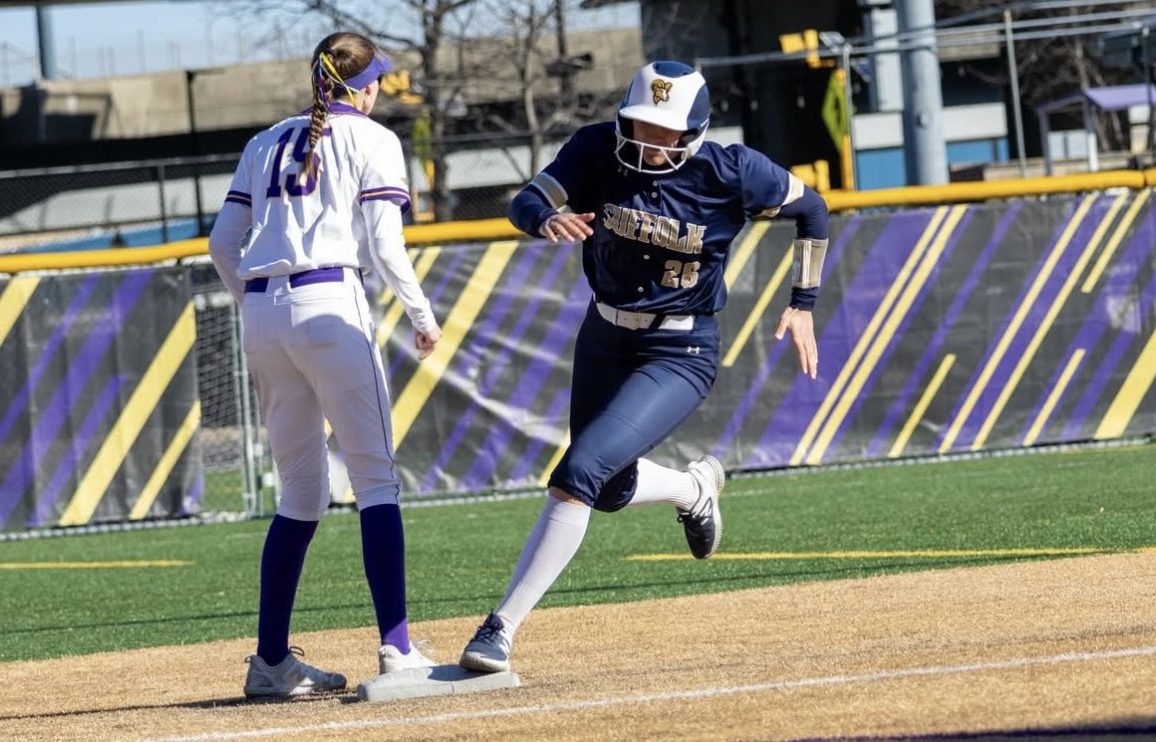
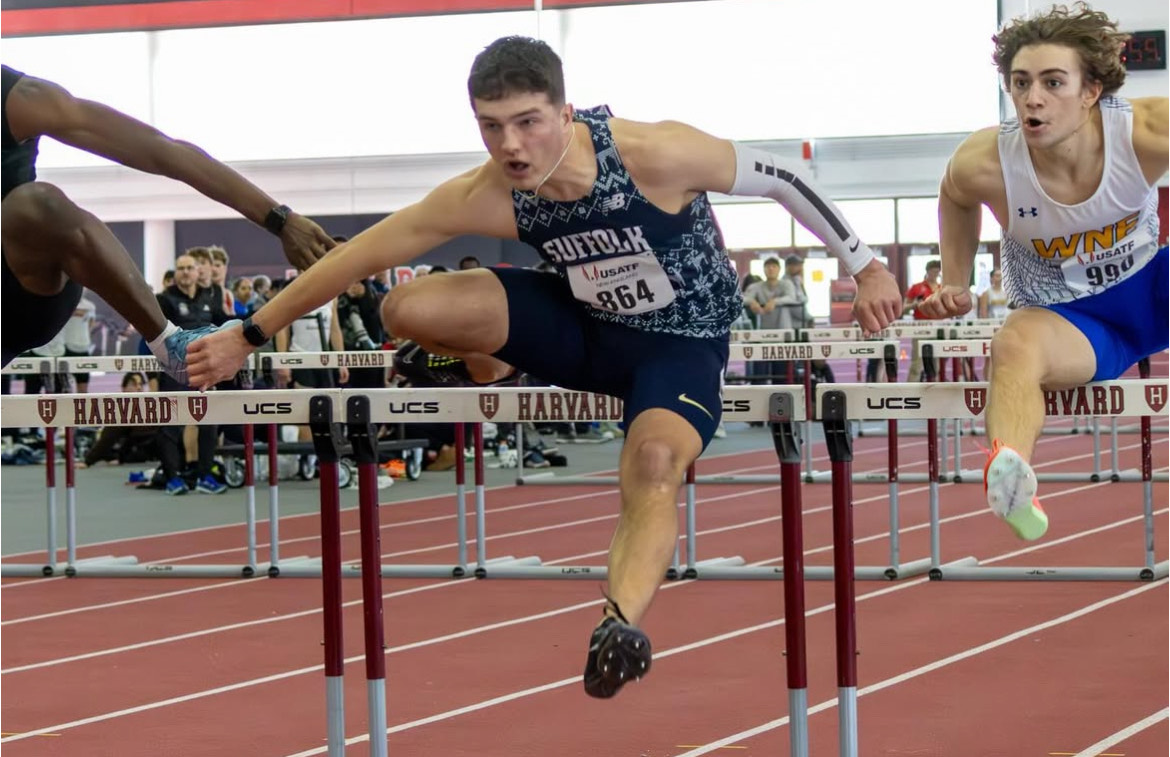
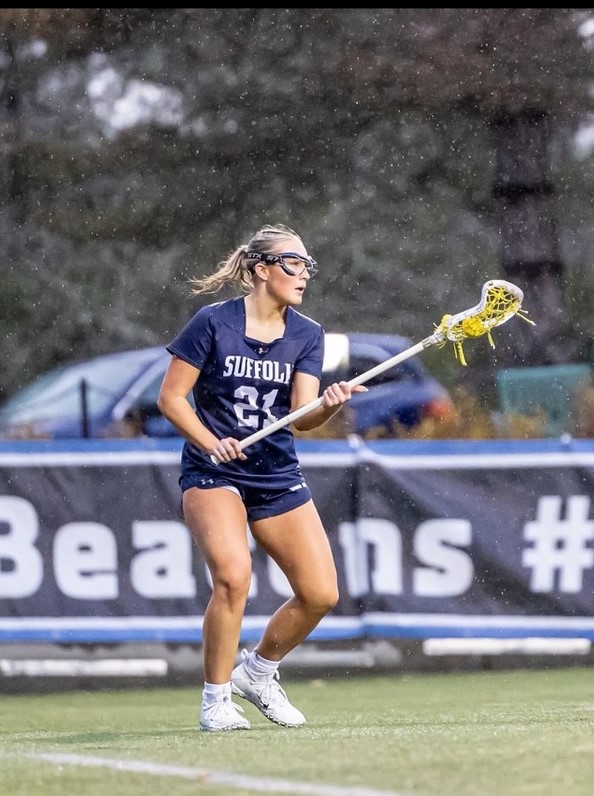
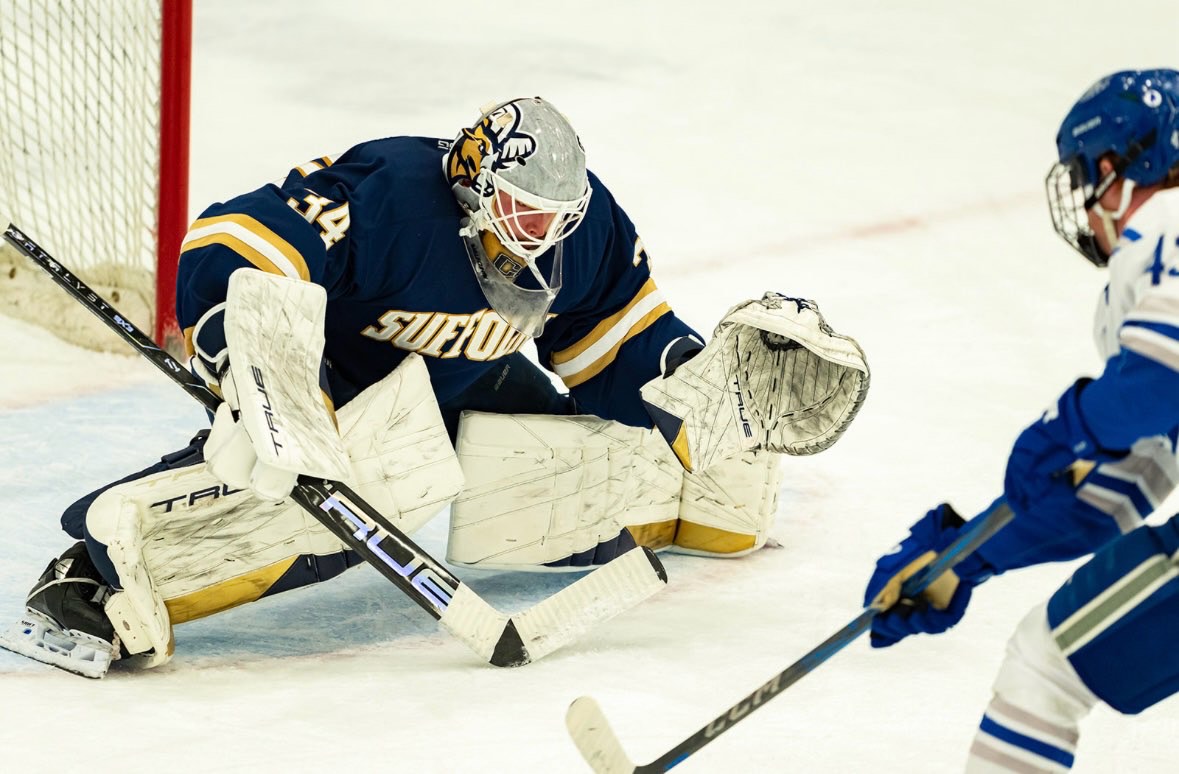
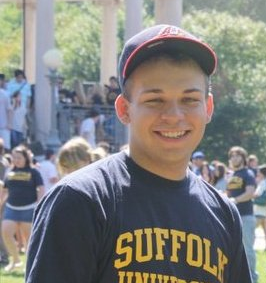
The Suffolk Journal • Oct 4, 2012 at 12:29 pm
Concussion Discussion: Brain Injuries in Sports take center Stage… http://t.co/2fvfd75l
Concerned Mom • Oct 3, 2012 at 8:37 pm
Concussion Discussion: Brain Injuries in Sports Take Center Stage in Latest Ford Hall Forum http://t.co/3oLbZehE
Alex Hall • Oct 3, 2012 at 8:27 pm
Concussion Discussion: Brain Injuries in Sports Take Center Stage in Latest Ford Hall Forum http://t.co/1GoCKfSQ via @SuffolkJournal